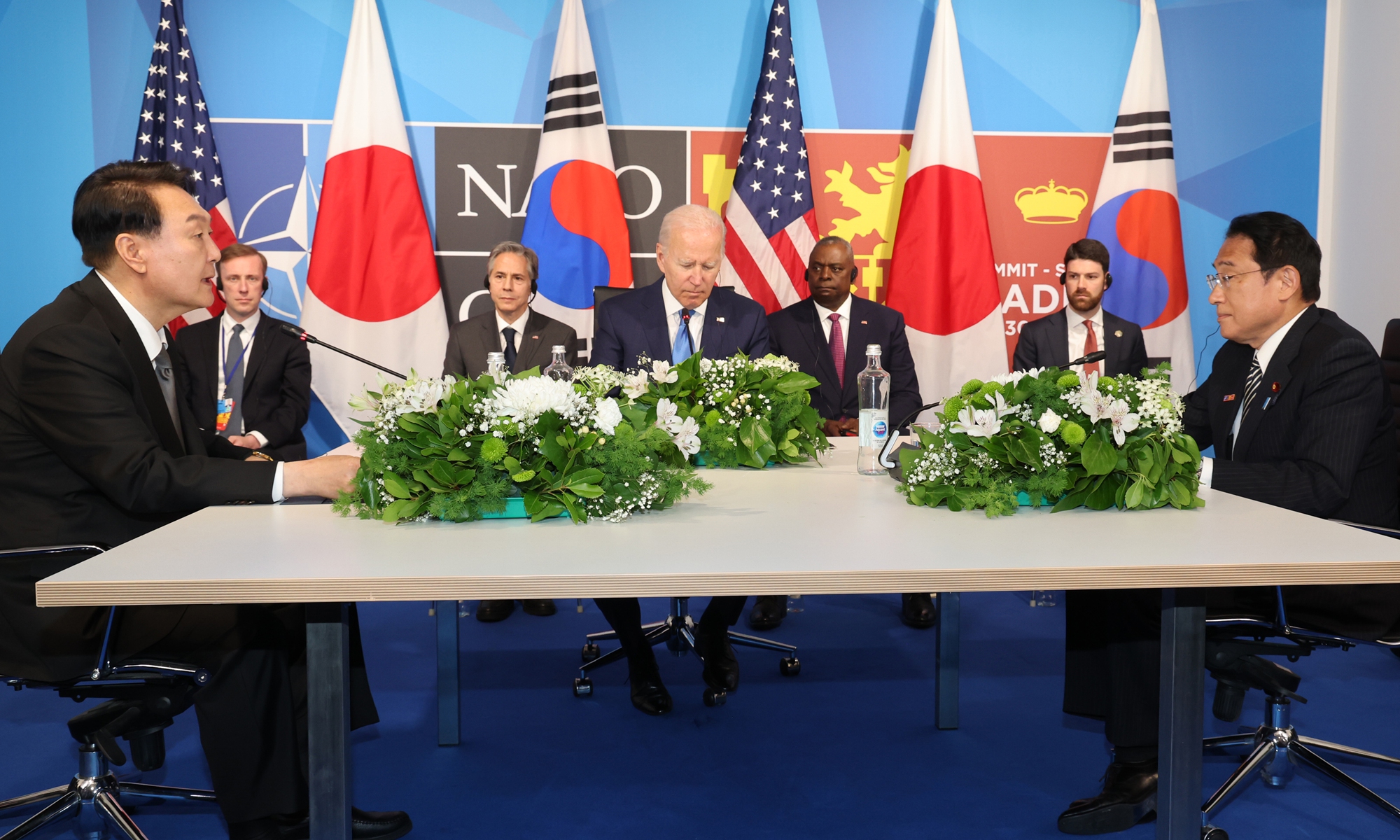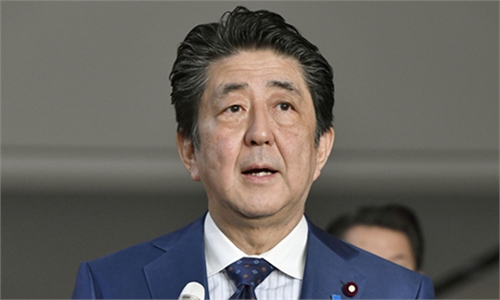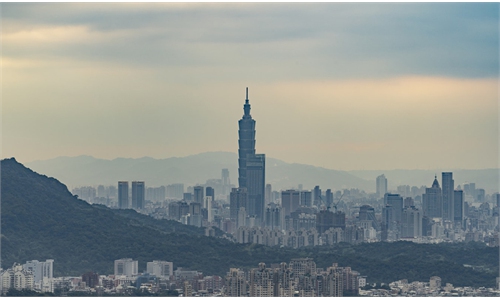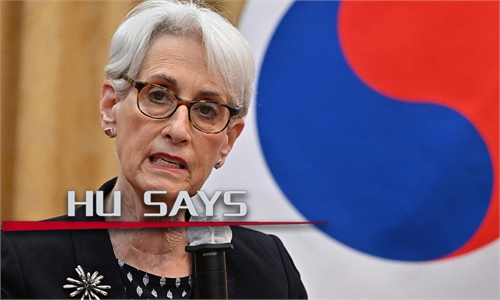S.Korean FM kicks off 'ice-breaking' visit to Japan amid souring public sentiments

South Korean President Yoon Suk-yeol (left), US President Joe Biden (center) and Japanese Prime Minister Fumio Kishida attend a trilateral summit at the IFEMA Convention Center in Madrid on June 29, 2022. Photo: VCG
South Korea's foreign minister will make a three-day visit to Japan from Monday, the first in more than four years since bilateral ties sunk to their lowest level in decades due to historical issues. The visit caught public attention as it is expected to help restore the two countries' relations to a healthy state, especially amid current souring public sentiments.Park Jin will hold talks with Japanese counterpart Yoshimasa Hayashi, as their countries seek to improve ties frayed by history-related disputes, Kyodo News reported on Friday.
Park would be visiting Japan for the first time since he took up his post in May under the new administration of South Korean President Yoon Suk-yeol. During his trip, he plans to meet with Japanese Prime Minister Fumio Kishida, Kyodo News citing sources as saying.
Japan's Foreign Ministry said it hopes the South Korean foreign minister's visit would help restore the countries' relations to a "healthy" state.
The sources told Kyodo News that Park is also expected to directly convey his condolences to Kishida and Hayashi over the death of former Prime Minister Shinzo Abe.
Relations between Tokyo and Seoul have slumped to the worst level in years following a South Korean top court decision in October 2018 ordering a Japanese company to pay four men for forced labor during Japan's 1910-1945 period of brutal colonial rule on the Korean Peninsula. But the Japanese firms have not complied with the ruling.
Chinese observers said the wartime labor row between the two countries is expected to be one of the focuses during Park's visit.
South Korean courts have ordered Japanese companies to pay compensation to South Korean plaintiffs who say they or their relatives were forced into laboring for firms during World War II, while the country's netizens have been urging Japan to reflect on itself and apologize for historical issues.
Meanwhile, anti-South Korea sentiment has also intensified among the Japanese public as Abe's assassination was linked to a religious group founded in South Korea.
After the shooter was arrested, he claimed that the assassination was because of Abe's connection to the Family Federation for World Peace and Unification, known as the Unification Church, a religious group founded in South Korea, which had been identified as a cult in China.
Chinese observers believe that Park's visit could bring signs of hopes for solving the historical issue as the two governments are likely to make concessions. For example, Japan may agree to make some compensation to the South Korean plaintiffs.
However, the South Korean public appears to have low expectations over Japan's reaction to the historical issues, as many believe Japan would not truly recognize the damage its historical crimes inflicted on South Koreans, so they will not compromise easily, Lü Chao, an expert on the Korean Peninsula at the Liaoning Academy of Social Sciences, told the Global Times on Sunday.
Also the Korean Peninsula issue, so-called threats from China, the Russia-Ukraine conflict and other geopolitical issues in Northeast Asia are likely to be covered during Park's visit, observers predicted.
The meeting between the two foreign ministers could pave the way for a potential meeting between the two leaders as the possibility that Yoon will visit Japan when Abe's national funeral will be hold in the fall could not be ruled out, Da Zhigang, director of the Institute of Northeast Asian Studies at Heilongjiang Provincial Academy of Social Sciences, told the Global Times on Sunday.
Japan and South Korea may talk about improving military intelligence sharing led by the US, Da said, warning that it would cause intensified confrontations in Northeast Asia, harm multilateral cooperation, increase the uncertainty of geopolitics and hinder economic recovery in the region.
Tokyo, following Washington, is likely to actively force Seoul to take sides amid the China-US competition, Lü said. Washington and Tokyo are trying to pressure Seoul to lean on them more to drive a wedge between Seoul and Beijing, the observer noted.
However, considering China is the most important economic partner and the significance of ties with China, South Korea is unlikely to give in to the pressure from the US and Japan easily, the observer said.
Under mediation and pressure from the US, a signal of easing tensions between Japan and South Korea emerged after Yoon took office, who has vowed to take a "future-oriented" approach to the bilateral relationship.
Last month, Kishida and Yoon spoke briefly in Madrid during the NATO Summit in their first face-to-face encounter amid chilly ties over wartime issues, the Japan Times reported.
But so far, there is no sign that bilateral ties will see much improvement because of the profound historical contradictions, Lü said.




